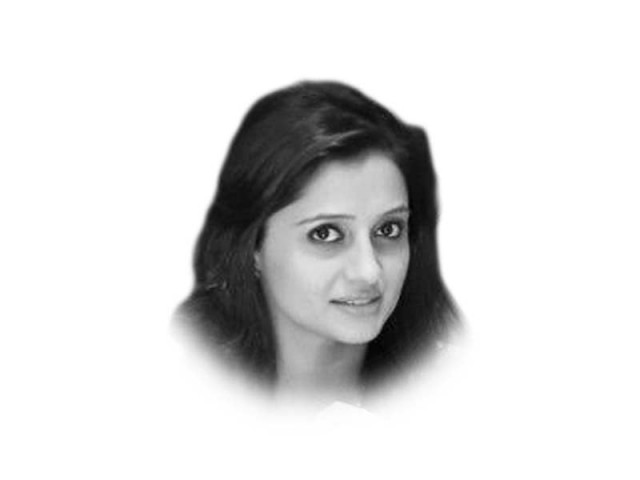Transgender schools: road to education for all
Authorities still have a tremendous amount of work to do

It is impossible to create an egalitarian society without the inclusion of marginalised groups. People born with gender disorders or as intersex or transgender beings — more generally known as Khwaja Sara or Hijra — are the most deprived segment of Pakistani society. Despite making several pledges to Unesco and despite developing policies to provide equal access to education for all citizens, Pakistan has yet to meet these obligations.
In May 2018, the Supreme Court issued a ruling to ensure that transgender students are not discriminated against, harassed or mistreated in schools to promote equality. At the beginning of 2019, a public-sector transgender school was opened in Lodhran and a trans-education initiative was launched in Multan. There, trans-persons are receiving formal education in evening classes through the Accelerated Learning Program to compensate for their lost schooling. The goal is to progressively integrate these transgender students into conventional, age-appropriate classrooms and schools in the future. Educated transgender persons are being considered to teach these programs in order to create earning possibilities and also to showcase them as role models to the transgender students.
It is undeniably a great move, yet it is still discriminatory. Introducing a parallel school system is equivalent to acting against policies and SDGs since it excludes these students from the rest of society. It is impossible to create separate institutions and colleges to teach them at the higher level. Therefore, transgender students should be enrolled in ordinary schools just like other children. The same society that first shunned them out must now recognise their existence. The aim should be to empower them through inclusion in society, not the opposite. If they go to a separate, transgenders-only schools with teachers who are also from the same community, they will lack the exposure gained from interacting with people from other spheres of life. They will never fully be a part of society as these schools would not have sufficiently prepared them for the workplace and the real world. Their employers will be biased towards them if they are not forced to confront them in practical aspects of daily life from the beginning. The negative image associated with the transgender community will only be reformed if they are holistically accepted by the regular community. We must realise that the genetic construction of chromosomes that define a person’s gender is undoubtedly not in the hands of parents or children.
It is widely assumed that trans-persons cannot socialise or mingle with other members of society. They are therefore denied basic human rights such as a family, a home and education. Throughout their lives, they are subjected to physical, sexual and psychological exploitation. As a result, the doors to formal education and a good livelihood remain closed to them. The little effort and research that has been carried out in this regard mainly focuses on incorporating transgender children to the regular education system of Pakistan. However, there lacks a cohesive platform through which transgender students can receive higher education and then go on to begin a respectable professional life. If this community has access to education, they will be able to live better lives by obtaining respectable jobs and contributing to society, rather than begging or dancing on the streets.
Every child has the right to an education and the authorities should ensure that every child, including those with special needs, gets access to all the facilities required for learning. While the efforts undertaken in Multan must be applauded, the authorities still have a tremendous amount of work to do to guarantee that transgender students learn in a non-hostile and friendly atmosphere where they are neither criticised nor ridiculed for being different.
Published in The Express Tribune, January 9th, 2022.
Like Opinion & Editorial on Facebook, follow @ETOpEd on Twitter to receive all updates on all our daily pieces.















COMMENTS
Comments are moderated and generally will be posted if they are on-topic and not abusive.
For more information, please see our Comments FAQ